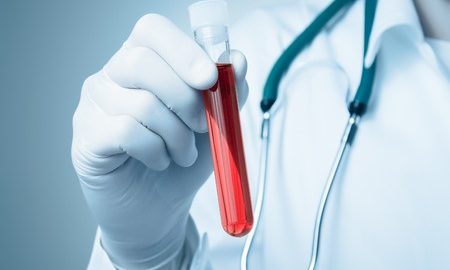Making Blood in the Lab

In what is an unprecedented achievement, researchers at the Murdoch Childrens Research Institute in Melbourne, Australia, have succeeded in making blood in the laboratory using stem cells. The team of scientists has overcome what is perhaps the biggest hurdle in creating on-order stem cell lines that can serve as an alternative to a bone marrow transplant in patients battling cancer.
With this success, the scientists can now grow cell lines that can be used to test new drugs and new treatments without subjecting patients to any risk. “We have created a cell that mimics embryonal blood cells,” state the cell biology researchers at MCRI.
The team, consisting of Professor Ed Stanley, Dr. Elizabeth Ng, and Professor Andrew Elefanty, say the process took about three weeks, which is about the time it takes when the embryo is developing. Although many groups have made blood cells in the laboratory, none of them have worked properly, explains Professor Elefanty. We identified the differences in gene expression between lab-grown blood cells and the stem cells found in cord blood.
Once the researchers had discovered the differences in the genes, they tweaked the culture so that the cells would grow how they wanted them to. The technique was published in the journal Nature Biotechnology.
The ultimate goal is to make blood cells to treat patients with leukemia for whom there no match can be found for a bone marrow transplant. However, the technique can be potentially applied to manufacture red blood cells, platelets, and immune cells.
The Children’s Cancer Foundation is funding the next stage of the research, which will involve the insertion of cancer-causing genes into the lab-grown blood cells. This will allow researchers to study the safety and effectiveness of drugs and other treatments. “We hope to find more targeted treatments that have fewer side effects,” says Aileen Boyd-Squires, Foundation Chief.
About 1 in 10 children who are treated with chemotherapy and radiotherapy for childhood cancer develop adult cancer as a result of these treatments. The researchers hope to find new treatments that permit early intervention and have fewer debilitating effects.
References:
- http://www.heraldsun.com.au/news/victoria/melbourne-researcher-successfully-grow-blood-cells-in-the-laboratory/news-story/32737d606c52314e17fc4524b983fad3


